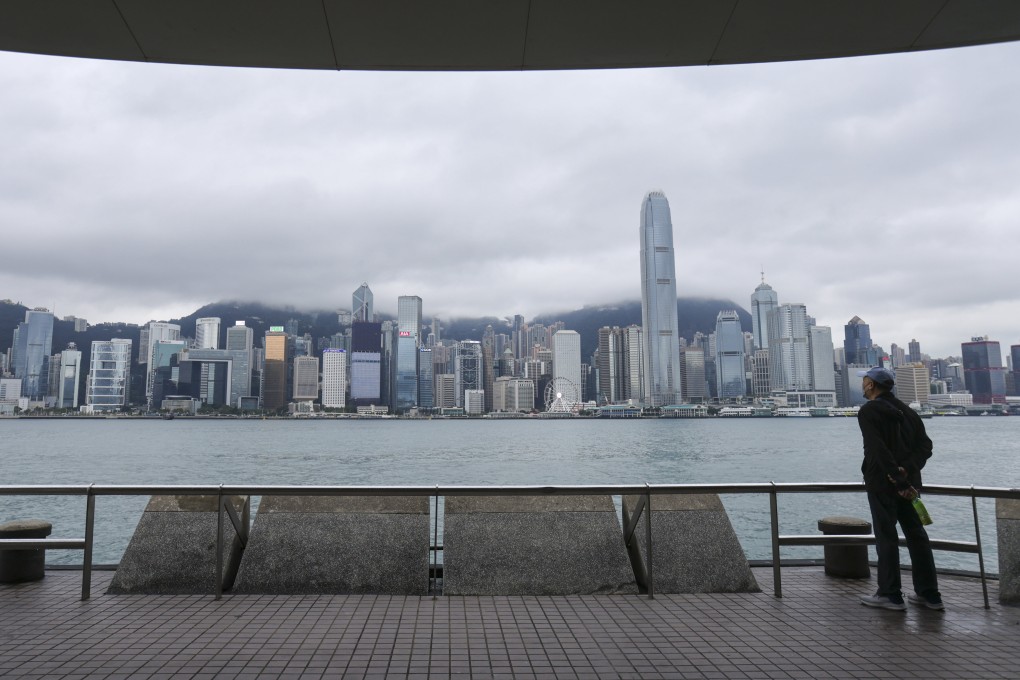Editorial | Hong Kong’s return to normality does not guarantee a reversal of population decline
- Hong Kong may need to do more than compete for talent if it is to turn around economically debilitating population trends

The city’s population decline accelerated last year, driven by emigration and plummeting birth numbers. This reflected abnormal times, exacerbated by the devastating fifth wave of Covid-19. But it still raises the question whether a return to normal life after the pandemic will be enough to reverse both trends, or officials need to do something to make it happen and slow the ageing of society.
A return to normal life guarantees nothing. Other places, such as Singapore, have tried to leave little to chance with relaxed work visa rules and enhanced incentives to encourage couples to have children. Hong Kong has entered international post-Covid competition for talent with extended visas, but may need to do more to reverse economically debilitating population trends.
The latest Census figures show the population has dropped for a third straight year, with a net outflow of 60,000 residents contributing to a decline of nearly 1 per cent in 2022 to 7,333,200, from 7,401,500 in 2021. Births plunged to a record low of 32,500 from more than 38,000 the previous year, compared with more than 50,000 pre-Covid. The 62,100 deaths last year outnumbered births by 29,600.
The net outflow reflects sustained Covid controls and the opening of new pathways for Hongkongers to settle abroad. The government said the figures included movement in and out of the city for various reasons, such as work, study and migration, for which no breakdown was available. We trust this does not reflect complacency, or assumptions about a return to normal times. Officials have said many factors affect child-bearing. That may be so, but it does not mean policy interventions are not warranted to level the playing field for settling and/or starting a family in an expensive city. A wave of emigration has underlined negative perceptions to be overcome, such as property and education costs and small living spaces.
The initial response to the government’s top talent scheme could prove a test of the city’s ability to retain quality migrants. The scheme has attracted 10,810 applications for two-year visas, with half being from the world’s top 100 universities and a sixth being high earners – two prime target categories. About half are from the mainland. As of a week ago most of the 8,395 applications processed had been approved. The numbers are there to put the city’s enduring attractiveness to talent to the test.
